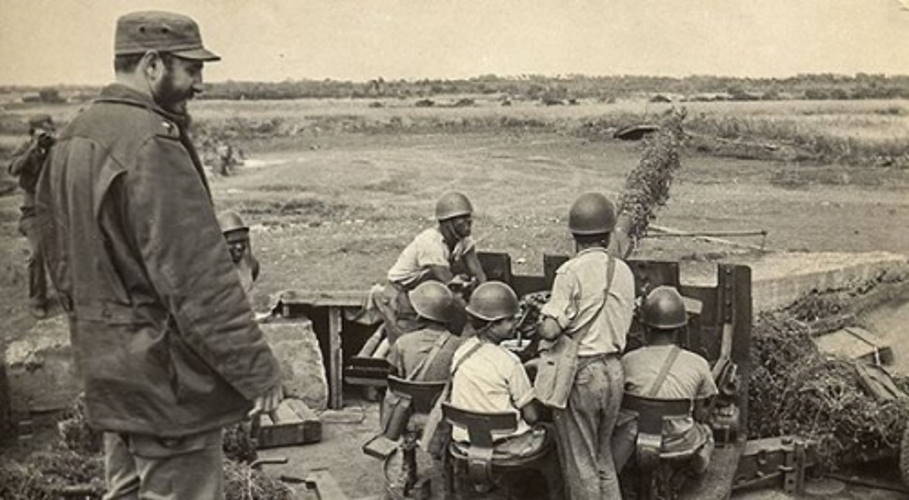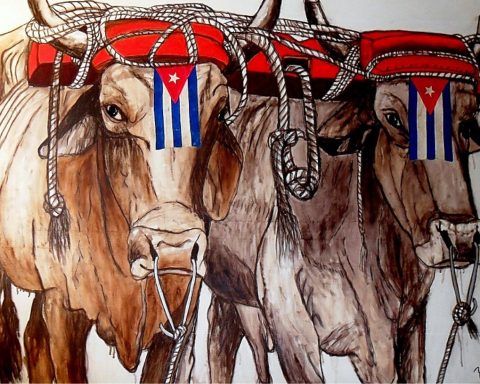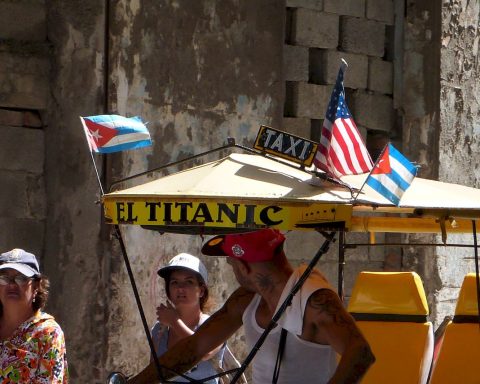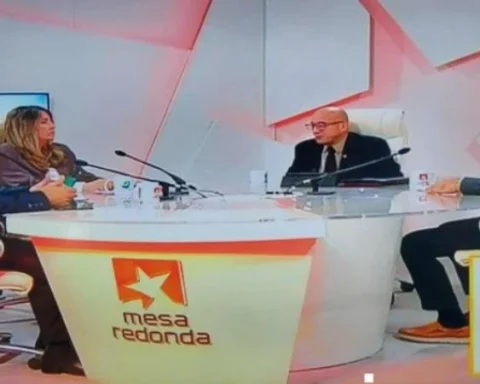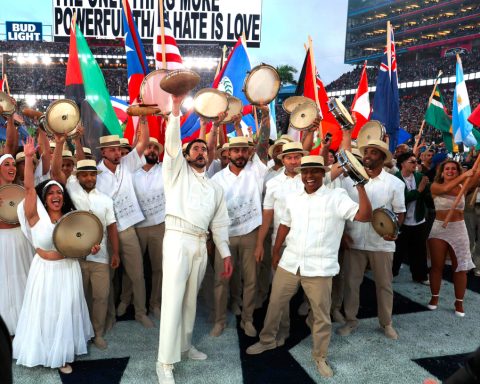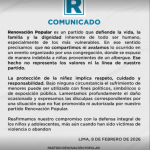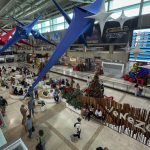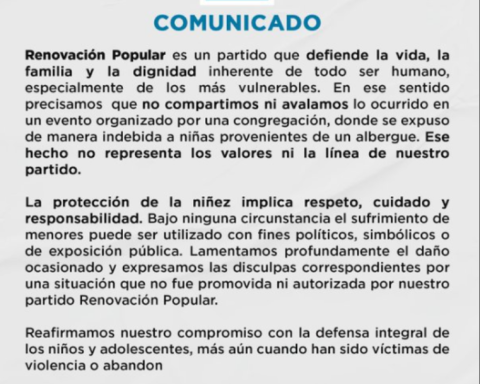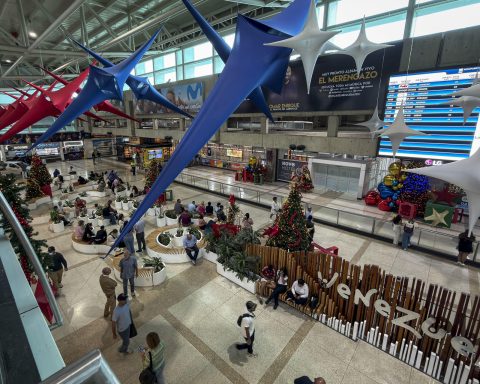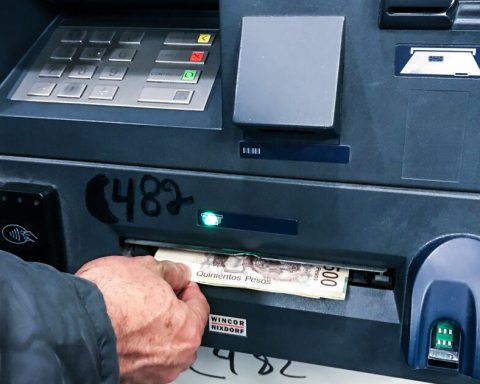Havana Cuba. — On October 14, 1962, a US spy plane detected the existence of Soviet medium-range nuclear missiles in Cuba. The discovery kicked off the Missile Crisis—or October Crisis, as Fidel Castro’s regime called it—; an escalation of tensions between the United States, the former Soviet Union and Cuba that brought the world to the brink of nuclear war.
It was one of the biggest diplomatic conflicts between the two powers, with the Caribbean island converted into a satellite of the Kremlin at the will of the late dictator. The crisis covered the period between the discovery of the R-12 and R-14 ballistic missiles on Cuban soil, until their dismantling and transfer to the Soviet Union, on October 28, 1962.
The placement of those weapons in Cuba had been the response of the USSR to the deployment, authorized by President Eisenhower, of ballistic missiles in Italy and Turkey, countries that wanted to protect their territory from Russian expansionism. It is estimated that each of the missiles installed by the US government had a destructive power equivalent to a hundred atomic bombs, enough to destroy major Soviet cities, such as Moscow and St. Petersburg.
The Missile Crisis constituted one more step in the arms race of both nations during the Cold War, with dangerous consequences for the world and in particular for Cuba, which was subjected to a naval blockade by the United States from 23 of October 1962.
The conflict was settled through direct negotiations between the governments of Khrushchev and Kennedy, leaving Fidel Castro out of decision-making. However, the stipulated agreements included a public declaration by the White House renouncing attacks on the regime of Fidel Castro, who, in a letter sent to Khrushchev on October 26, 1962, expressly requested that in the event of an attack on Cuba by part of the United States, the Soviet Union launched a nuclear attack against the northern giant, even at the risk of disappearing the Island and starting a nuclear conflagration.
Sixty years after that crisis that seriously endangered humanity, the specter of a nuclear war revives with Russia’s invasion of Ukraine and its growing hostility towards Western nations. President Vladimir Putin has hinted on several occasions that Russia possesses nuclear weapons and will not hesitate to use them to protect its sovereignty.
The war that was thought to be brief will soon be eight months old, exacerbating the global economic, energy and food crisis. The president of the United States, Joe Biden, has reiterated the danger of a nuclear escalation, a possibility that experts consider exaggerated, but not ruled out in the midst of the current conflict.
Receive information from CubaNet on your cell phone through WhatsApp. Send us a message with the word “CUBA” on the phone +525545038831, You can also subscribe to our electronic newsletter by giving click here.
